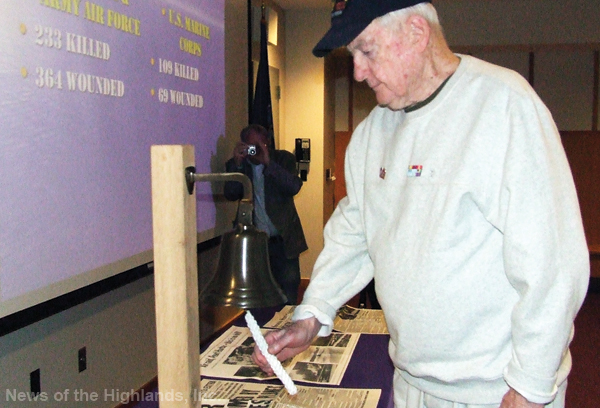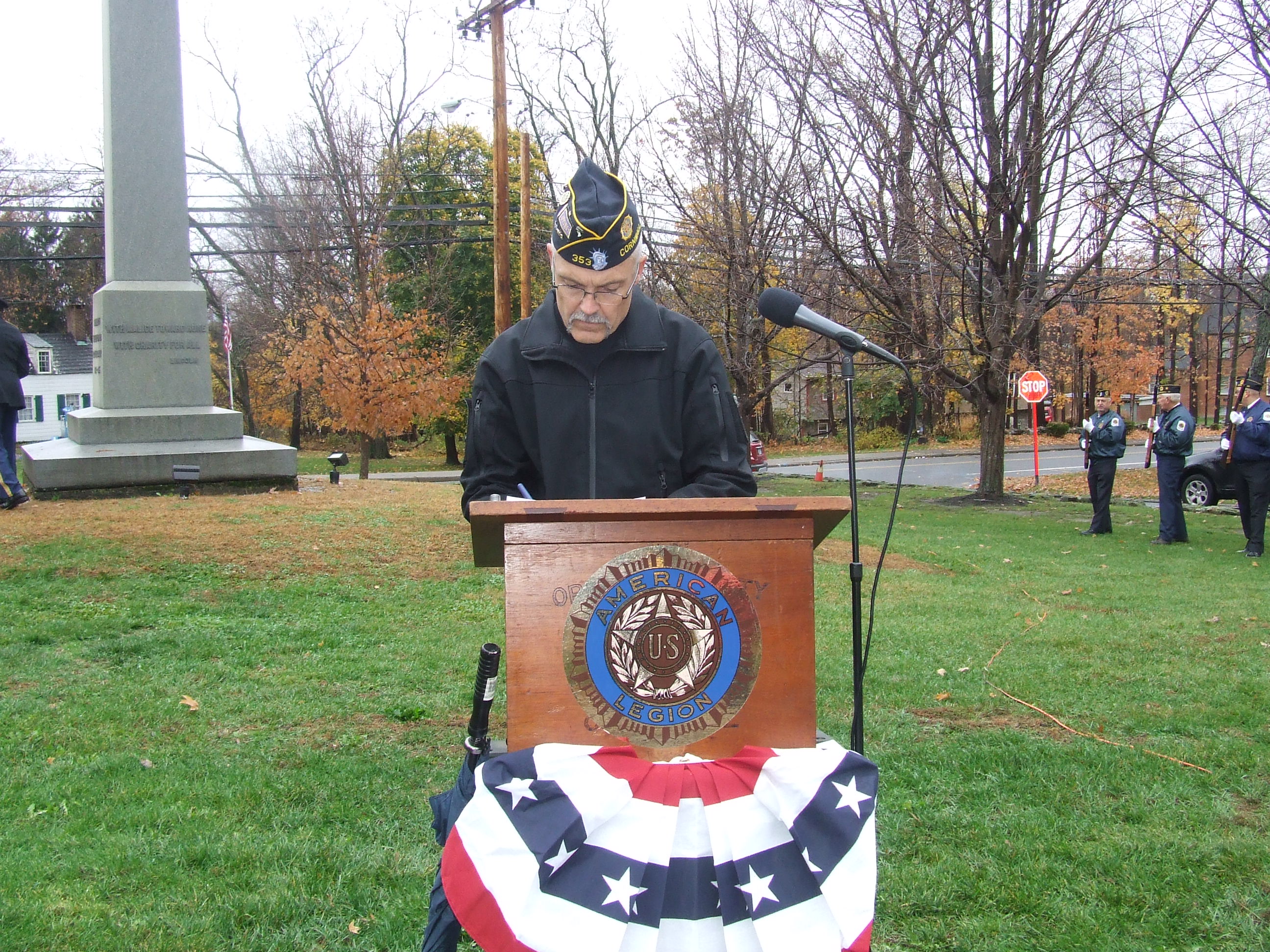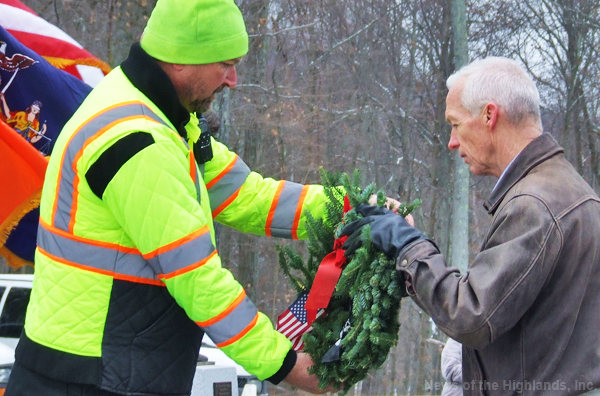
On the 75th anniversary of the attack on Pearl Harbor, the National Purple Heart Hall of Honor recalled the second-wave strike on the Hawaiian naval base.
On Dec. 7, 1941, at 7:55 a.m. local time (12:55 p.m. EST), the first wave of Japanese fighter planes, dive bombers, and torpedo bombers launched from six aircraft carriers off the coast of Oahu.
Civilians and members of the military were taken completely by surprise and at first thought it was a drill. But as they looked for the familiar white star with red circle on the wings of the American aircraft, all they saw were red “meatballs.” An hour later, a second wave struck. The Japanese had planned a third strike, but Chūichi Nagumo, an admiral in the Imperial Japanese Navy, hesitated and retreated for fear of losing. The retreat saved the oil storage tanks and gave America time to strike back.
As a result of the attacks, over 2,300 Americans were killed and over 500 were injured. All eight U.S. Navy battleships were damaged and four were sunk. The attack has had lasting effects on the country.
At the time, the United States was merely a bystander in World War II. The country had aided the allies, but had watched as Poland and France fell to the Nazis. In October of that year, U.S. warships, sent to escort convoys to Iceland, were attacked twice by Germany. The U.S. was not at war, but rather in negotiations with Japan.
While the U.S. was known to be a world power, it wasn’t until after the attack on Pearl Harbor the country proved to be THE world power during WWII. Military and civilians came together to serve their country. At home, assembly lines turned out tanks and aircraft.
Prior to Pearl Harbor, the Purple Heart was awarded for merit to living members of the military. President Franklin D. Roosevelt changed the regulation to include all branches of service, and to present the award to people who were deceased. Hospital medics received the Purple Heart for treating and retrieving the wounded and dead during the Pearl Harbor attack.
During last week’s presentation, the names of those lost were shown on a screen. At the time, many siblings served and died together. Seven years later, the Sole Survivor Policy was put into place to protect families who had already lost members in the service.
To conclude the observance, a bell was tolled once, by volunteers of each branch of service, as well as civilians, to represent those lost in Pearl Harbor.



